Many end up hearing that in Japan there is no armed forces or army because it is prohibited. Is this really true? If so, to what extent? In this article, we will see what happened to the Japanese army.
Japan throughout its history lived in civil wars and participated in several wars with other countries. The country is known for its samurai, ninjas and also for the events of World War II that give reasons for today's article.
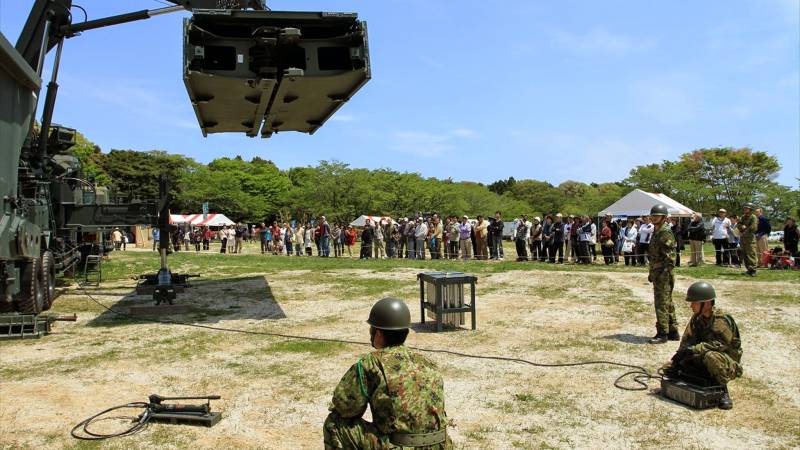
Table of Content
How did Japan run out of an army?
After World War II, the US defeated Japan. And imposed changes to its Constitution. One of them was the prohibition of having Armed Forces. They were prohibited due to the Second World War and its atrocities.
American military bases were built on the territory in order to protect Japan after this peace and union agreement. This, in a way, was an advantage. Because defense is something expensive, and Japan saved on that and had a great financial revolution.
The purpose of this law imposed by the United Nations was to try to contain militarism in the country – since during the war, Japan was one of the most aggressive countries, invading territories of China, Korea, Russia and American bases in the Pacific.
Because of this ban imposed by the United States, people have an idea that Japan has no army. But, it is not correct to say that Japan has no army, as it is still among the 10 countries with the strongest military power.
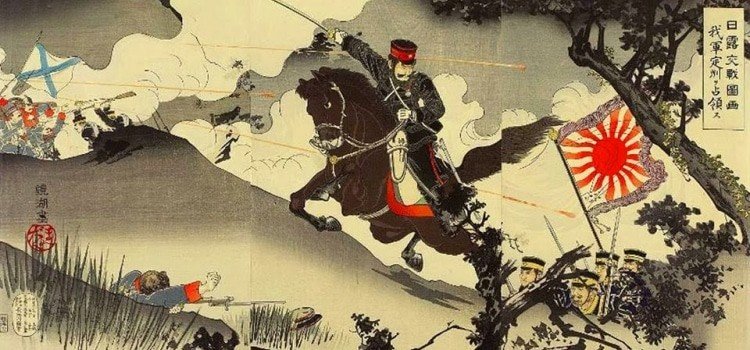
If not Armed Forces? What does Japan have?
Despite not officially having armed forces (according to Article 9 of the Constitution), Japan has an equivalent force known as Japan Self-Defense Forces, which officially presents itself as an extension of the police.
Although it seems like an extension, it is a powerful military force spread across the territory of Japan, responsible for its defense, being able to leave the border of Japan if it goes to a United Nations peace mission.
In 2015, the legislation around this matter was amended to allow the Japan Self-Defense Forces to fight alongside the armed forces of countries allied with Japan, if they share a common enemy.
To better understand this story, we will talk a little about the Japanese constitution, Article 9, followed by the demilitarization of Japan, so that we can finally talk about the Japan Self-Defense Forces [JAF].
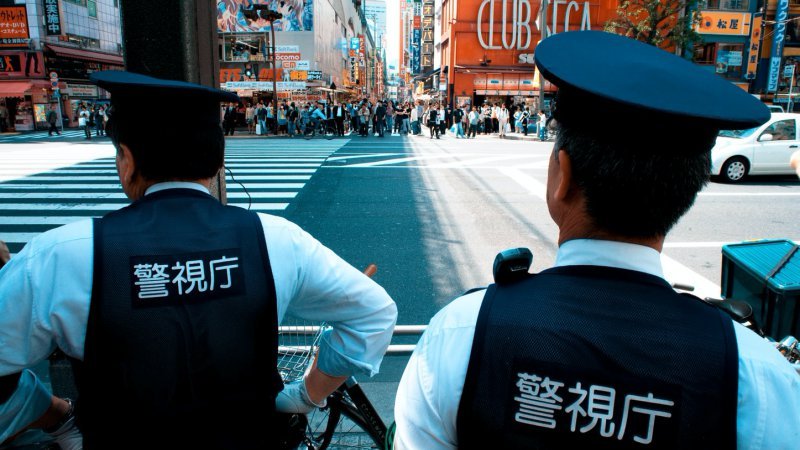
Article 9 of the Japanese Constitution
Japan's constitution was created as the country's basic law from 1947 and was written during the Allied occupation after World War II. In Article 9 is the law that talks about the absence of an army in the country. See below:
Sincerely aspiring to world peace based on justice and order, the Japanese people forever renounce the use of war as the sovereign right of the nation or the threat and use of force as a means of settling international disputes.
For the purpose of fulfilling the objective of the previous paragraph, the forces of the army, navy and air force, like any other potential force of war, will never be maintained. The State's right to belligerence will not be recognized.
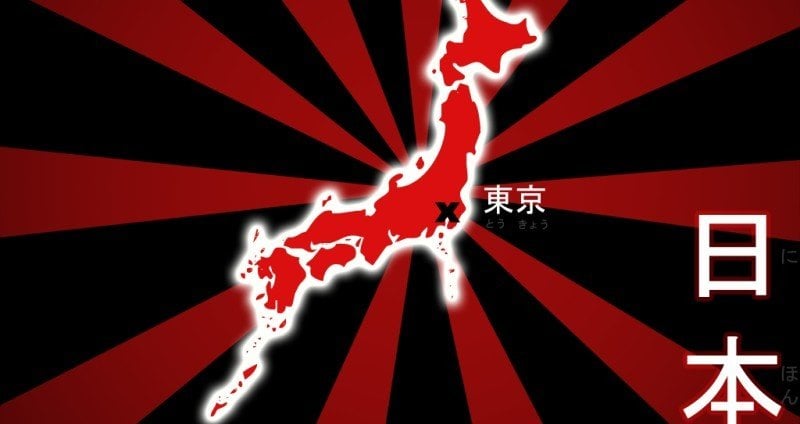
The Demilitarization of Japan
The demilitarization of Japan was a punishment for the various war crimes committed by Imperial Japan during World War II. When the Axis was defeated, the Allies imposed various restrictions on the surrendered countries.
In the case of Japan, it was demanded that the country be demilitarized and that the emperor no longer be recognized as a sacred being. In addition, the opening of the country's political democratization was imposed.
With public support and acceptance, Japan underwent a demobilization and a total disarmament, with the removal of all military leaders from public office and the constitutional ban on any form of rearmament.
Under the orders of General Douglas MacArthur of the United States Army, who served as Supreme Commander of the Allied Powers, the Allied occupation authorities were committed to demilitarizing and democratizing Japan.
All clubs, schools and societies associated with the military and martial arts were eliminated from Japan. The general staff was abolished, with the ministries of the army and navy. Industries that served the armed forces were also shut down.
Over time, Japan gained the trust of the West, and currently FAJ has a military force of over 250,000 men, supported by 60,000 men from the American military bases present on Japanese territory.
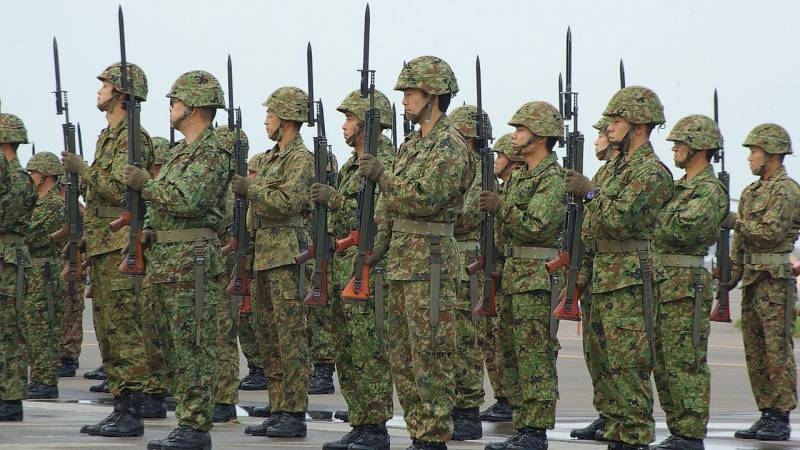
Japan Self-Defense Forces
The Japan Self-Defense Forces are called Jieitai [自衛隊] and abbreviated as [JSDF]. It is the actual armed force of Japan, established at the end of the United States occupation following World War II.
The Japan Defense Forces also have military branches of the army, navy and air force. With a total of five armies, five maritime districts and three air defense forces. Japanese military personnel are between 18 and 49 years old.
The FAJ is literally a military force, with tanks, air fighters, sea destroyers, submarines, mortars, launchers and others. Their attire, ranks and organization is similar to the American ones, from which they drew a lot of influence.
Of the 250,000 Japanese in the FAJ, about 150,000 belong to the land force, while the rest are divided into the Maritime Self-Defense Force and the Air Self-Defense Force. About 1,500 are in the General Staff Office, and 60,000 are reserves.
Following the article of the Constitution of Japan stipulates the following policies for National Defense:
- Maintain a policy exclusively oriented towards defense;
- Avoid becoming a military power that could pose a threat to the world;
- Prevent the development of nuclear weapons, and refuse to allow nuclear weapons to enter Japanese territory;
- Ensure civilian control of the armed forces;
- Maintain security agreements with the United States;
- Enhance defensive capabilities within moderate limits;
Japan's military budget should be kept at a level of just 3% of the country's total budget. About 50% is spent on troops, and the rest is split between supplies, new weapons, upgrades, etc.
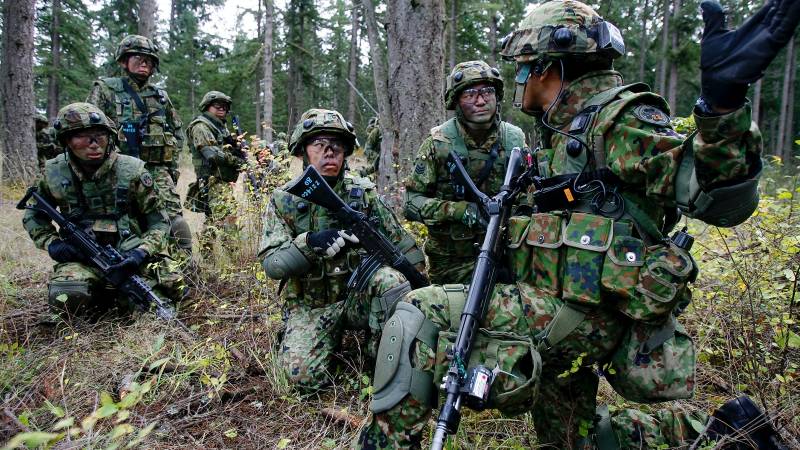
Which countries have no army?
Now that we know about the Japanese army, are there any countries where they don't have any military? Yes, countries like Andorra, Dominica, Grenada, Kiribati, Liechtenstein, Marshall Islands, Federated States of Micronesia, Nauru, Palau, Saint Lucia, Saint Vincent and the Grenadines, Samoa, Solomon Islands, Tuvalu and Vatican do not have any military strength.
It doesn't mean that these small, unknown countries are insecure, some receive military support and protection from others. There are also countries with limited military strength, Japan is not on this list as it has a powerful force. Some of these countries are Costa Rica, Haiti, Iceland, Mauritius, Monaco, Panama and Vanuatu.
I hope this article has helped you to clear your doubts about the army in Japan. If you liked the article share it and leave your comments. Thank you very much and until next time! Keep reading our other articles…
